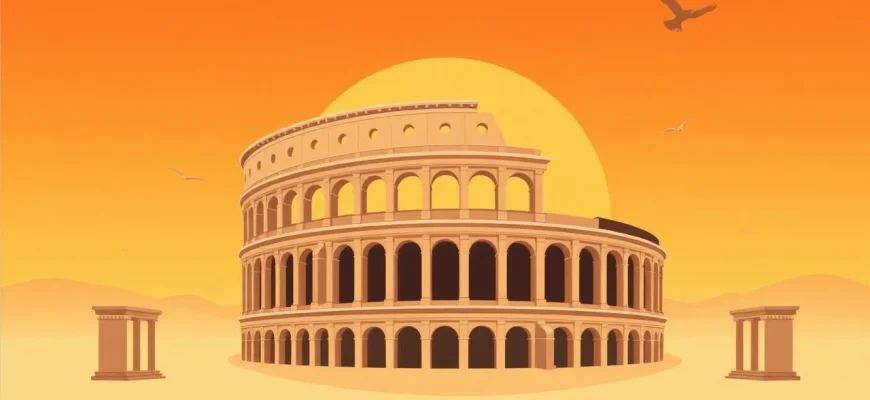The Roman Empire, with its rich history, political intrigue, and cultural legacy, has long been a source of fascination for filmmakers and audiences alike. This curated selection of films delves into various aspects of Roman life, from epic battles and political machinations to personal dramas and the rise and fall of emperors. Each film provides a window into the complexities of this ancient civilization, offering both entertainment and a deeper understanding of history.
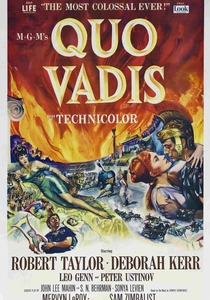
Quo Vadis (1951)
Description: Set during the reign of Emperor Nero, this film explores the clash between Christianity and the Roman Empire, as well as the personal struggles of a Roman general and a Christian woman.
Fact: The film was a major box office success and helped to revive interest in historical epics. It was also one of the first films to use Technicolor for its grand scale.
 Watch Now
Watch Now
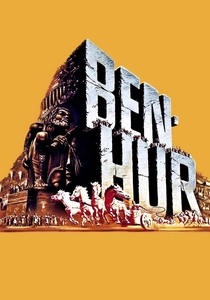
Ben-Hur (1959)
Description: A tale of revenge, redemption, and faith, this film chronicles the life of Judah Ben-Hur, a Jewish prince who is betrayed by his childhood friend, a Roman officer.
Fact: The chariot race scene took three months to film and is considered one of the greatest action sequences in cinema history. The film won 11 Academy Awards, a record at the time.
 Watch Now
Watch Now
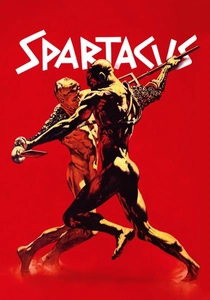
Spartacus (1960)
Description: Based on the true story of Spartacus, a Thracian gladiator who leads a slave revolt against the Roman Republic, this film explores themes of freedom and resistance.
Fact: The screenplay was written by Dalton Trumbo, who was blacklisted during the McCarthy era, and his credit was restored after the film's release. The film features a famous "I am Spartacus" scene.
 Watch Now
Watch Now
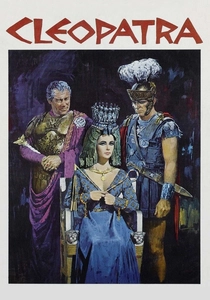
Cleopatra (1963)
Description: This film recounts the life of Cleopatra, the last pharaoh of Ancient Egypt, and her relationships with Julius Caesar and Mark Antony during the final days of the Roman Republic.
Fact: It was one of the most expensive films ever made, with costs ballooning due to production issues. Elizabeth Taylor's performance earned her a Golden Globe nomination.
 Watch Now
Watch Now
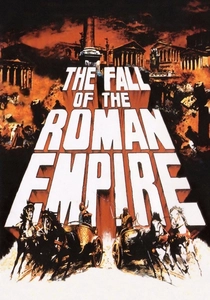
The Fall of the Roman Empire (1964)
Description: This epic film depicts the decline of the Roman Empire, focusing on the political and military struggles that led to its eventual collapse.
Fact: The film was one of the last grand historical epics of its kind before the genre fell out of favor. It was also one of the most expensive films ever made at the time.
 Watch Now
Watch Now
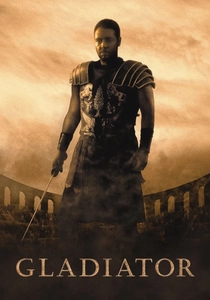
Gladiator (2000)
Description: This epic historical drama follows the journey of Maximus Decimus Meridius, a betrayed Roman general who becomes a gladiator to seek revenge against the corrupt Emperor Commodus.
Fact: Russell Crowe underwent extensive training to authentically portray a gladiator. The film won five Academy Awards, including Best Picture.
 Watch Now
Watch Now
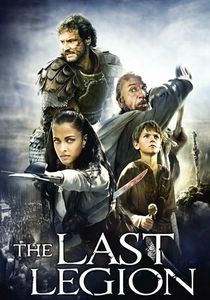
The Last Legion (2007)
Description: This film blends history with fantasy, telling the story of the last Roman emperor, Romulus Augustus, and his journey to Britain to reclaim his throne with the help of a legion of loyal soldiers.
Fact: The film's plot is loosely based on the legend of King Arthur, suggesting a connection between the fall of Rome and the rise of British legends.
 Watch Now
Watch Now
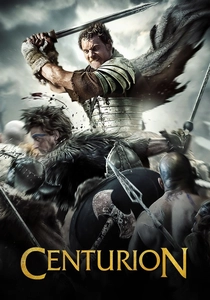
Centurion (2010)
Description: This action film tells the story of a Roman centurion and his men who are ambushed by Pict warriors in northern Britain, leading to a desperate fight for survival.
Fact: The film was inspired by the disappearance of the Ninth Legion, a historical mystery. It features intense battle scenes and a gritty portrayal of Roman military life.
 Watch Now
Watch Now
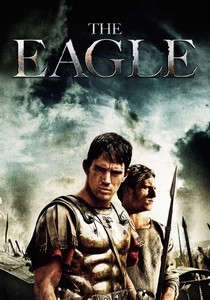
The Eagle (2011)
Description: Set in Roman Britain, this film follows a young Roman officer who ventures north of Hadrian's Wall to recover the lost Roman eagle standard of his father's legion.
Fact: The film is based on the novel "The Eagle of the Ninth" by Rosemary Sutcliff. It was shot in Scotland to capture the rugged landscapes of Roman Britain.
 Watch Now
Watch Now
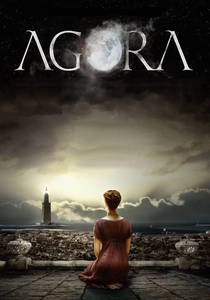
Agora (2009)
Description: Set in 4th-century Alexandria, this film focuses on Hypatia, a philosopher, astronomer, and mathematician, caught in the religious and political turmoil of the late Roman Empire.
Fact: The film was shot in Malta, with sets designed to replicate ancient Alexandria. It explores themes of science versus religion.
 30 Days Free
30 Days Free

